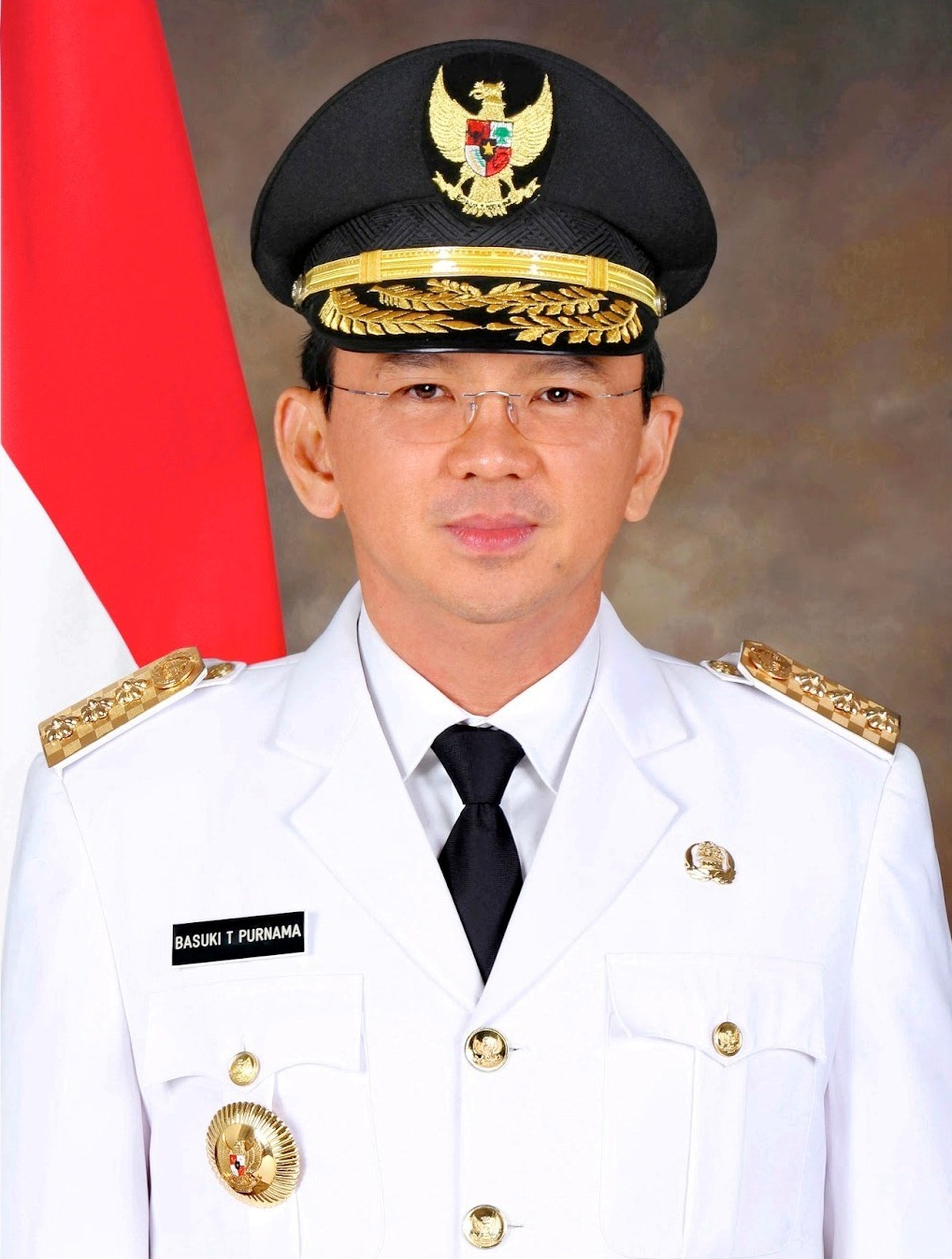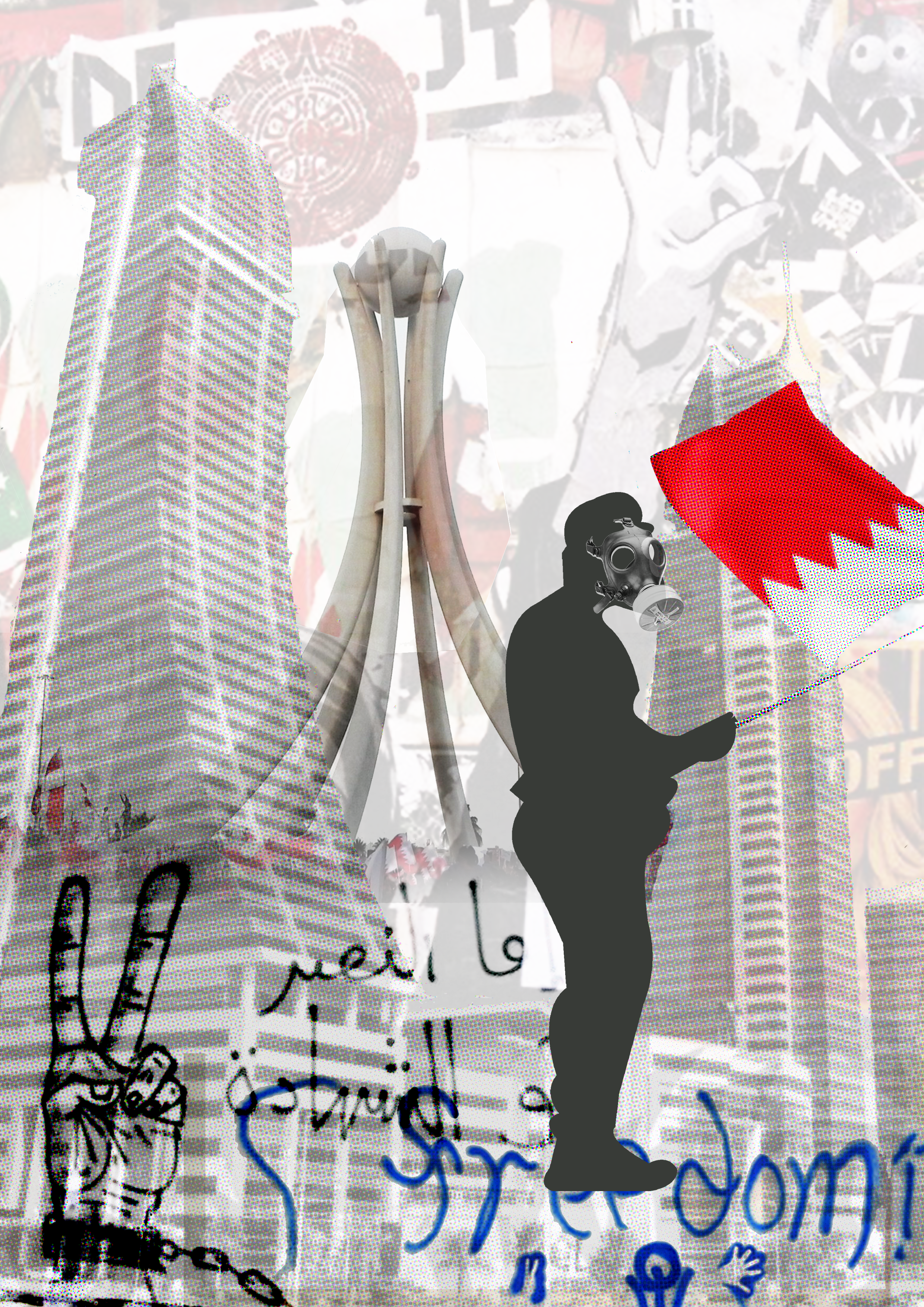Indonesia Divided: The Fallout From Ahok's Blasphemy Conviction

Former Jakarta governor Basuki Tjahaja Purnama’s May 2017 blasphemy conviction has polarised Indonesian society. Basuki Tjahaja Purnama, a Christian known locally as ‘Ahok’, was sentenced to two years in prison for allegedly insulting Islam. Following the conviction, Indonesia’s numerous religious and ethnic minority groups staged protests across the country, from Jakarta to Jayapura. These groups have condemned an increasing tendency among politicians to play at religious and identity politics, thereby exacerbating already existing divisions. In particular, there are growing concerns that Ahok’s conviction has emboldened the country’s hard-line Muslim movement, which has staged violent mass demonstrations as well as attacks on minorities and ethnic Chinese business owners in the past. Tensions between these hard-line groups, moderate Muslims, and religious and minority rights activists are likely to worsen in the coming months as protests continue. Looking ahead to the 2019 general elections, these tensions do not bode well for political dynamics in the country.
An ethnic Chinese Christian known for his blunt manner and reformist agenda, Ahok outraged hard-line Muslims by criticising his political opponents’ use of particular Quranic verses to discourage their supporters from voting for him in the April 2017 Jakarta gubernatorial elections. Rizieq Shihab, a firebrand imam and leader of the radical Front Pembela Islam, known for promoting mob violence, accused Ahok of blasphemy and rallied a coalition of conservative groups in protest. They staged mass demonstrations in Jakarta throughout December 2016 and January 2017 with between 200,000 and 500,000 protesters taking part. Moderate Muslim politicians like Anies Baswedan were quick to capitalise on the polarising climate, appearing alongside Shihab and other radical leaders during campaign events. Ahok subsequently lost the election to Baswedan anddespite recommendations from the prosecutors that the blasphemy charges against him be downgraded to defamation, Ahok was convicted on the original charge and sentenced to two years in prison.
The conviction has divided Indonesian society and emboldened the country’s hard-line Muslim political bloc, stirring fear of potential attacks against minority groups. Indonesia has a history of religiously-inspired mob violence, which has affected minority religious institutions as well private businesses across the country. This includes the December 2016 vigilante raids in Bandung on restaurants perceived to be disrespectful of Islamic practices. Furthermore, in recent months, some hard-line imams have reportedly encouraged their followers to target Chinese business-owners, accusing them of hoarding their wealth.

The country’s religious and ethnic minority communities, as well as moderate Muslims, have staged generally peaceful mass demonstrations across the country in support of Ahok. However, some protests have also been marred by anti-Islam sentiment and violent confrontations with security forces, as seen in Manado, North Sulawesi in May 2017. Calls by Ahok’s supporters and the United Nations for Indonesia’s blasphemy laws to be abolished and for Ahok to be released have further incited conservative Muslim groups and politicians. In addition, while Ahok has resigned as governor and withdrawn his appeal against the conviction, an ongoing appeal process by the prosecution remains in place, as he was convicted on the original charge and the sentence is harsher than what they asked for. This is expected to prompt rallies from both sides until the issue is resolved. Most will likely take place in Jakarta, but support for Ahok has spread across the country, with rallies being reported as far away as Jayapura in Papua Province.
With their society increasingly divided, Indonesian authorities are struggling to strike a delicate balance between avoiding antagonising conservative Muslim groups and placating the demands of Ahok supporters. So far, the government has tried a three-pronged approach to maintaining law and order: cracking down on the most radical elements of conservative Muslim groups, encouraging pro-Ahok supporters to respect the conviction, and buffering security in major cities to separate the two sides. While no explicit connection has been made with the Ahok case, authorities have banned some of the more radical Muslim groups and are also pursuing criminal charges against Shihab. Meanwhile, they have removed pro-Ahok messages from prominent locations around Jakarta, such as City Hall, in an attempt to diffuse tensions.
With rising tensions, and the high likelihood of further pro and anti-Ahok demonstrations, the Indonesian government is going to find it difficult to prevent further fallouts over religious and ethnic divisions. The Jakarta gubernatorial elections demonstrated the power of divisive identity politics, especially in propelling opposition parties to power. This does not bode well for the country’s next national elections, set to take place in 2019. Although two years away, populism is already on the rise and the country’s long-standing policy of religious and ethnic tolerance appears already under threat.